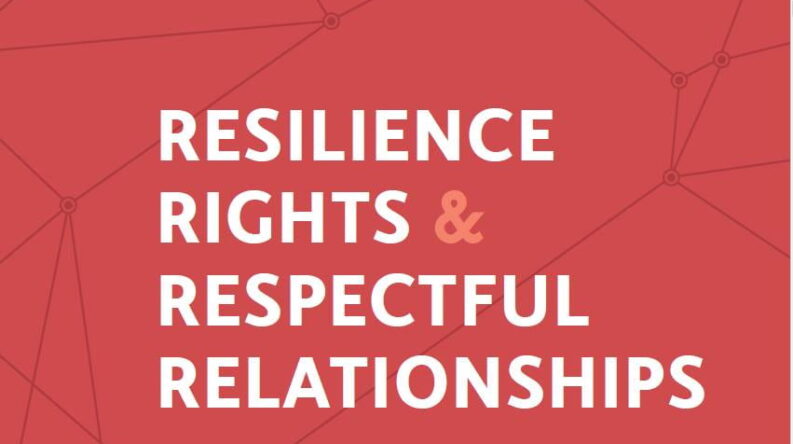
Student Wellbeing

Resilience Rights & Respectful Relationships

Glen Huntly Primary is dedicated to ensuring the wellbeing of our students, staff and the GHPS community. We have partnered with The Resilience Project and Real Schools to enhance our school’s positive and inclusive culture by successfully implementing the strategies of these programs throughout our school. The Resilience Project promotes empathy, gratitude and mindfulness to achieve happiness; and the Real Schools program promotes the use of Restorative Practices to encourage engagement, build pride, respect and responsibility in each individual student, and in the classroom is the basis for respectful communication and relationships.
Social and emotional wellbeing and engagement framework
Programs include
- Resilience, Rights and Respectful Relationships
- Circle Time
- Zones of Regulation
- Resilience Project
- Restorative Practices
Topics covered
- Mindfulness and Wellbeing
- Positivity
- Resilience
- Empathy
- Perserverance
- Tolerance
- Importance of being physically active
- Importance of sleep & healthy eating
- Gratitude is Attitude
As part of our Student Wellbeing program at GHPS our Prep to Year 2 students are building their skills and awareness around mindfulness. Evidence shows that primary-aged children who practise mindfulness are more focused and resilient. As little as 5 minutes of mindfulness first thing in the morning, or after lunch, helps settle them down and improves concentration. Our students are exploring mindfulness in many different ways:
At GHPS we aim to cater for Student Wellbeing as significant and extremely important aspects of our whole approach to providing our students with stimulated and secure learning environments. In relation to this it is worth noting the following:
“A learning community that understands that relationships matter to learning and that exclusion from participation is one of the key reasons for students finding it difficult to experience academic success, will seek to embed the following principles into practice:
- Students learn best when they experience belonging and significance
- Wellbeing is intrinsic to learning
- Student learning occurs in the context of social groupings
- Schools are a major social learning environment”
(Source: An Integrated Approach to Social Competencies, Department of Education and Training)
All Staff together with our Wellbeing Team work very hard to cater for every individual’s wellbeing needs. We aim to provide stimulated learning situations where each student’s learning styles and modes of learning are acknowledged and where each student is able to feel happy, safe and accepted for who they are.

